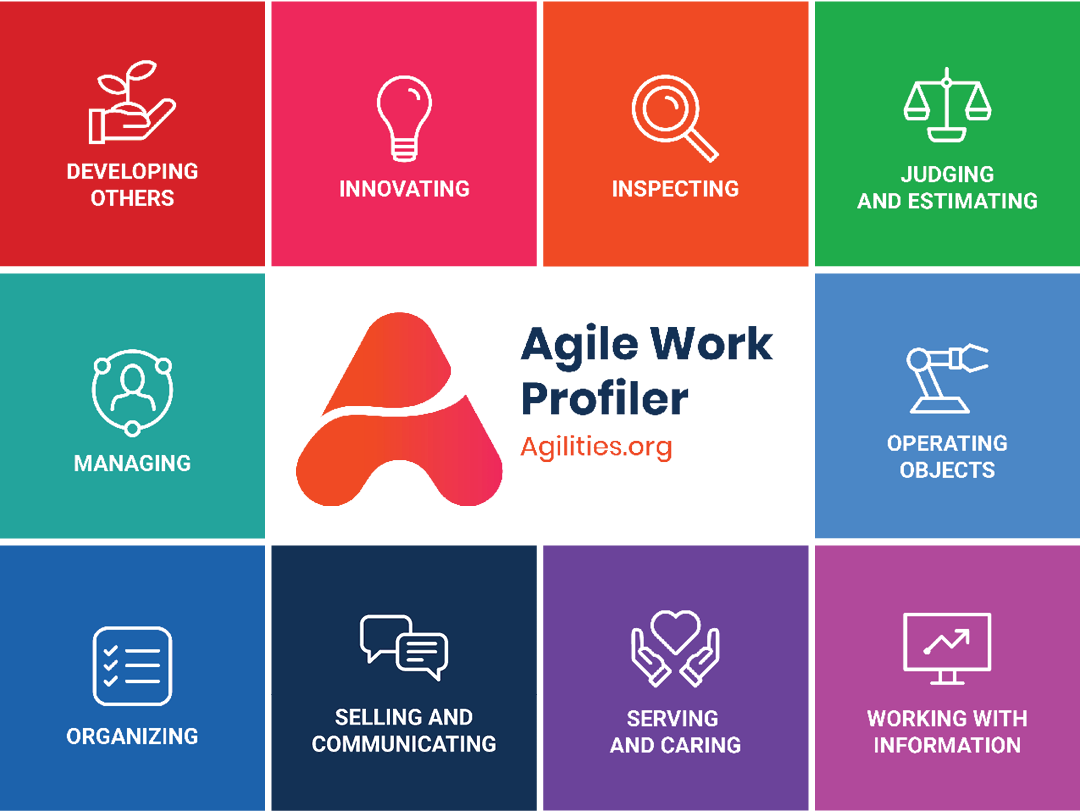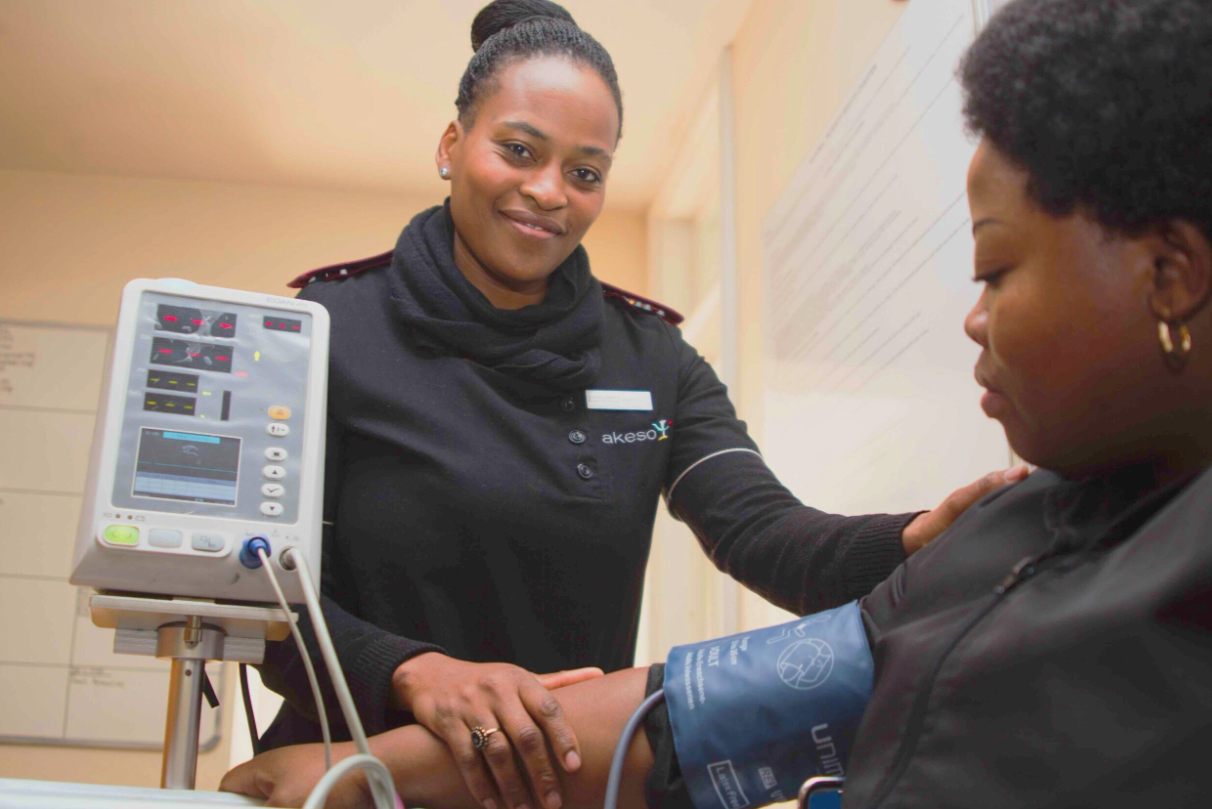
New skills.
New career.
Receive tuition paid training and support with CSL’s NewSkills program.
Getting a better job is an opportunity to build financial security for you and your family. Community Services League makes it possible with tuition paid training and support to land a job in high-demand industries. Tuition paid for through CSL donors and philanthropy. Start your new career today!
Request more information from staff on program by clicking here.
Upcoming Career Trainings
Apply Now
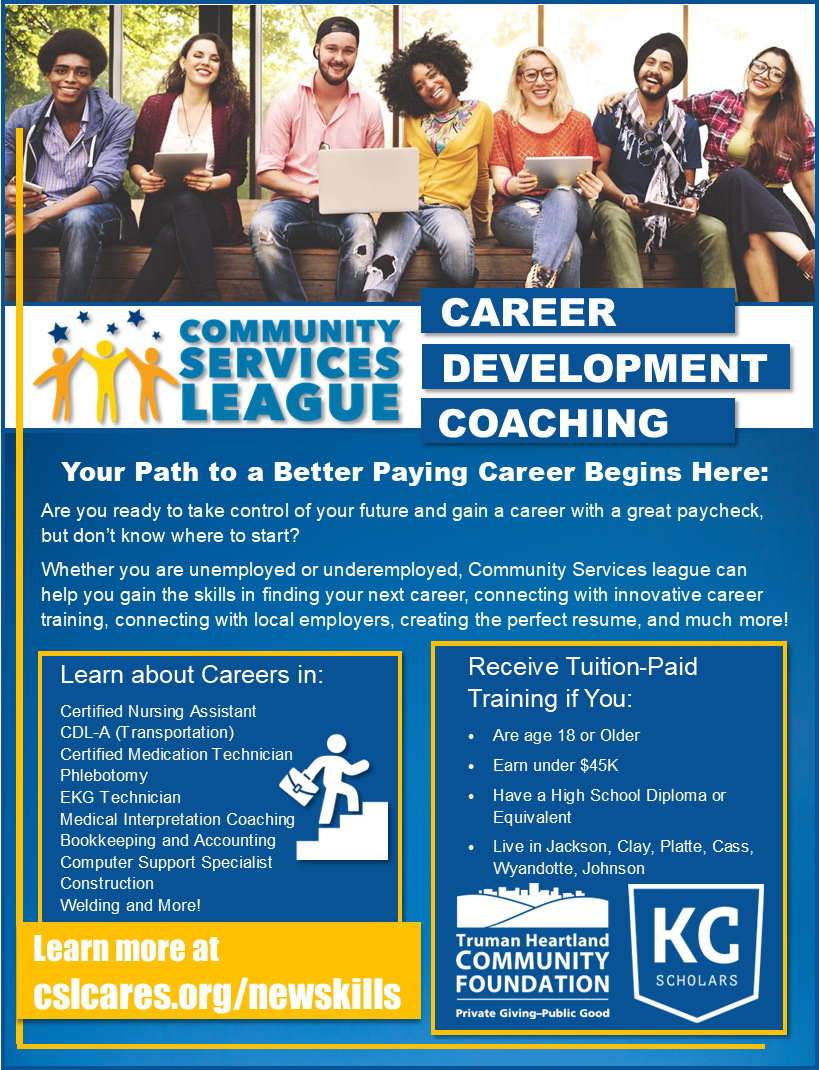
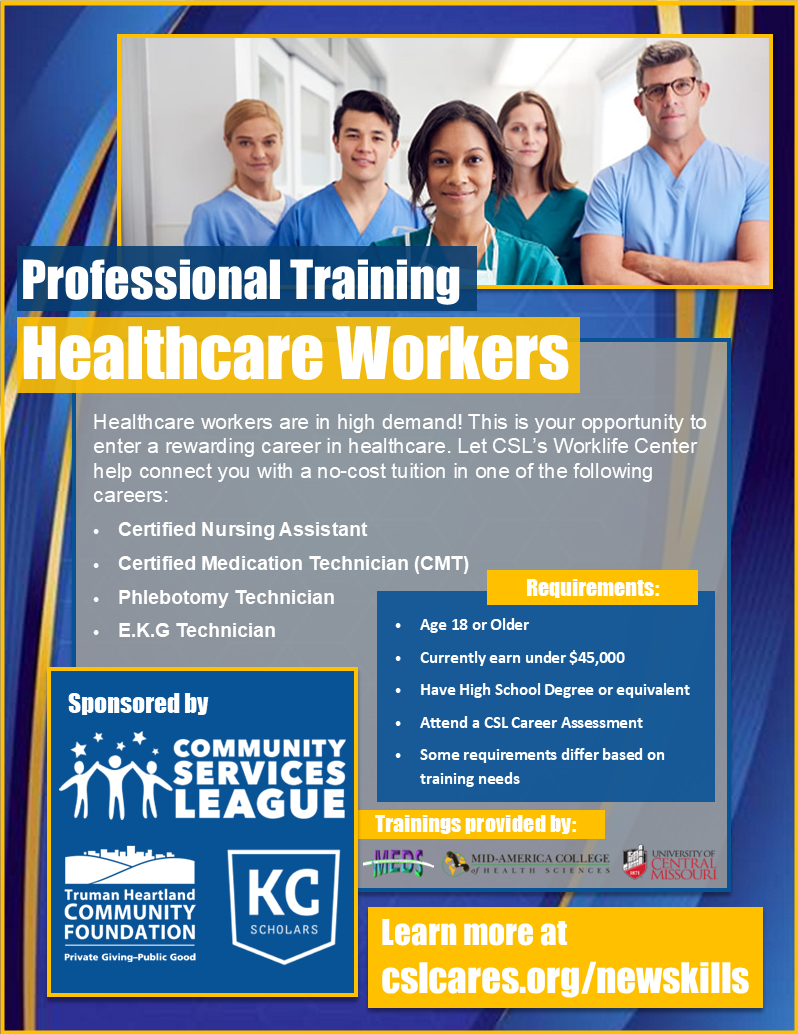
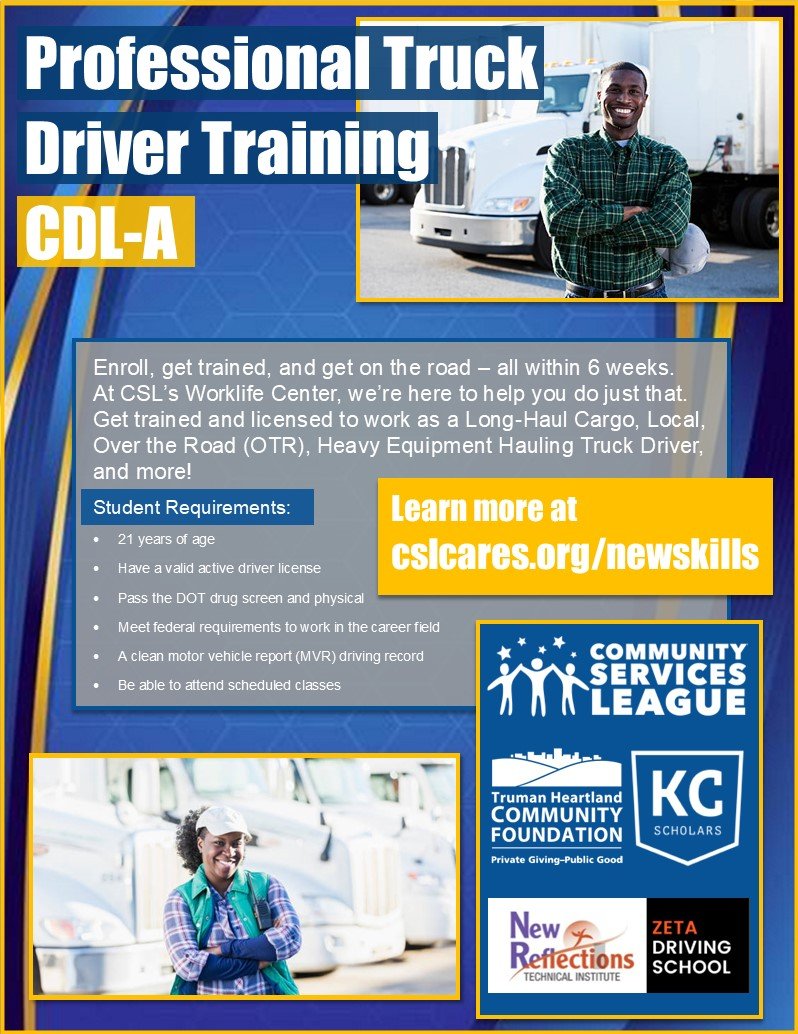
Our Commitment to Your Success Includes:
A personalized assessment of your skills and training needs
Tuition paid workforce training/education
Coaching and orientation to prepare you for successful completion of training
Financial coaching
Digital literacy coaching: basic computer needs
2-hour career readiness workshop focusing on resumes, interview skills, workplace etiquette, and more
Career coaches to help you create a resume and connect you with employers
Ongoing employment and retention coaching for your continued success
To learn more, click here.
Learn more about CSL training opportunities
-
This course of study provides instruction on utilizing a humanistic approach to provide basic care to people in a variety of health care settings. Students will understand how health care systems operate and learn the skills necessary to function safely and efficiently in a health care setting. Students will learn the information and skills for taking and passing the CNA certification exam required by the state of Missouri.
Certified nursing assistants work in a variety of health care settings including long-term care, assisted living facilities, hospitals and acute care, home health care, hospices, physician offices, and more.
-
A phlebotomy technician is a healthcare professional who collects and transports specimens to the medical laboratory for medical testing, which aids the physician in diagnosis and treatment monitoring. Training courses in a phlebotomy program includes anatomy and physiology, safety and infection control, blood collection procedures, standards of practice, quality assurance, legal issues and professionalism and integrity. Phlebotomists collect blood and urine samples for lab analysis. They usually work under the supervision of physicians, nurses, medical technologists or managers in hospitals, labs or physicians’ offices. The program curriculum aligns with national phlebotomy certifications.
Phlebotomists work in many health care settings including: blood donation centers, clinical laboratories, health departments, hospitals, long-term care facilities, physician offices, and more.
-
This program prepares you for the Missouri or Kansas Commercial Driver's License Class A Operations (CDL-A) exam. Students will learn various parts of the Federal Motor Carrier Safety Regulation (FMCSR) that pertain to the vehicle on the roads and highway. The program goes beyond preparing students for the State of Missouri or Kansas Commercial Driver's License Class A performance exam. It prepares graduates for a challenging and rewarding career in the trucking industry.
The outcomes of the program are directly linked to the federal guidelines established for entry-level drivers, which can be found in the Federal Motor Carrier Safety Regulation (FMCSR), and the state guidelines for earning the Class A Commercial Driver's License.
In addition to classroom training, hands-on training is provided to each student to ensure comprehension and skill development of the various CMV operating procedures required by the state.
Most truck drivers find employment in large metropolitan areas or along major interstate roadways where trucking, retail and wholesale companies tend to have their distribution outlets. Some drivers work in rural areas providing specialized services. Career possibilities include: Over the Road Driver (OTR Driver), Linehaul Driver, Delivery Driver, Owner-Operator, City Driver, Flatbed Driver/Flatbed Truck Driver, Pickup and Delivery Driver (P&D Driver)
-
Jump start your career with an on-the-job training pathway with Continental Siding.
Continental Siding Project Manager Career Path:
Service Technician:
Service Technicians operate as trusted guides for customers by being directly involved in service and warranty efforts. This position is ideal for anyone who wants to work with their hands and serve customers in the process.
Average $31,000 Annually
Service Manager
Service Managers are responsible for ensuring customers are satisfied with their home’s exterior renovations long after the initial crew has completed the project.
$40,000-45,000 Annually
Measure Technician
Measure Technicians are the primary person responsible for gathering crucial measurements that make a project run smoothly instead of dissolve into a nightmare.
$45,000-50,000 Annually
Project Manager
Project Managers are masters of multitasking with excellence. They are responsible for the product installation efforts that happen onsite with each home served.
$60,000-85,000 Annually
-
This program introduces students to MIG and Stick welding technologies. In addition, students will learn to read and interpret basic blueprints commonly found in manufacturing. Students will develop an understanding and basic skills required for thermal cutting processes. Students who successfully complete the OSHA-10 class will earn an OSHA-10 certification card.
Classes Include: Blue Print Reading for Welders, General Industry Safety and Health Outreach Program (OSHA 10), MIG Welding, Stick Welding, and Thermal Cutting.
-
The IMIP is a hybrid 65-hour training program designed for English-Spanish bilingual individuals interested in becoming highly skilled interpreters, dual-role, or qualified bilingual employees in workforce fields such as healthcare, public safety, community workers, and more. Training is provided by Culture Journey LLC.
This training program is comprised of 22 Core Modules that cover in detail all recommended subjects by the NCIHC training standards. As part of the training students will receive an Apple Tablet, as well as all necessary supporting materials to be successful in the class.
The average Medical Interpreter salary in the Kansas City, MO area is $47,695, but the range typically falls between $41,975 and $52,286. Salary ranges can vary widely depending on many important factors, including education, certifications, additional skills, and the number of years you have spent in your profession.
-
CNA’s may advance your career by training to be a CMT in as little as 12 weeks. By combining 60 hours of classroom instruction with a minimum of 8 hours of clinical practice you will enhance your skills and be able to administer medications at all levels of long-term care. Students learn basic principles of medication administration through classroom discussions, demonstrations and simulations, and presentations by healthcare professionals.
In this 68-hour State of Missouri certification program you will learn:
State regulations and resident’s rights
Infection control
Medication actions and effects
Accurate dosage and measurements
Proper storage and accountability
Use of a drug reference handbook
Transcription and documentation
-
Students will learn how to provide assistance related to use of computer hardware and software, including printing, installation, word processing, electronic mail and operating systems. In addition, class participants receive training on providing technical assistance to computer system users, answering questions, and resolving computer problems. Students successfully completing the course will be well prepared to take two industry-recognized exams: CompTIA A+ and NRFF Customer Service and Sales certification. Computer support specialists are in high-demand throughout the nation with close to 2,900 new jobs expected within the next five years. Median pay for these professionals is approximately $48,200.
-
The EKG Technician program is a 40-hour course that will run for one day a week for eight hours for a total of five weeks. Classes will meet on Friday’s from 8:00am-5:00pm. A Certified EKG Technician (CET) administers and interprets EKG tests in a variety of clinical settings, including hospitals and physicians offices.
The CET prepares and educates patients prior to collecting valuable diagnostic data that is used by the physician to determine cardiovascular functions/rhythm.
The Mid-America College of Health Sciences EKG Technician program will provide students with the real-world clinical skills that are essential to working in an hospital environment and physicians’ offices; prepare the patient for stress testing and be able to apply Holter monitors.
Each student will be prepared to assist physicians in proper placement of EKG lead using their knowledge of 3-lead, 5-lead or 12-lead electrodes on patients.
Students will gain a solid understanding of human anatomy, EKG theory, EKG application and monitoring, stress testing, and infection control, patient care, and HIPPA rule/confidentiality.
The program will provide students with the clinical, technical, and professional skills they need to be successful in the health care industry.
Upon completion of the 5-week program, students will have the clinical knowledge and proficiency required of the EKG Technician and will be prepared to take the National Certification examination through the National Healthcare Association (NHA).
Upon successful completion of the EKG Technician program, the student will be awarded a Certificate of completion in EKG. The application and examination fee for the National Certification Exam is not included in the tuition for this program.
General Admission Requirements - - High school diploma or GED
- Valid state ID
- Valid SSN card
- Plain black scrub set
- White leather or pleather sneakers
- No long or artificial nails (OSHA requirements)
- No facial piercings
- Negative covid-19 test result -
Learn to assist pharmacists in preparing and dispensing medication in retail and hospital pharmacies, as well as collecting patient information for prescription and billing. Because of advances in the pharmaceutical industry, the demand for qualified pharmacy technicians is growing. The U.S. Bureau of Labor and Statistics predicts that the need for pharmaceutical technicians will increase four percent from now to 2029.
This program prepares you for a position in retail and hospital pharmacies, as well as positions involved collecting patient information. The curriculum aligns with national Pharmacy Technician certifications.
The average salary of a pharmacy technician in the Kansas City area is $35,100 annually.
-
Community health workers are trusted members of the community they serve who assist individuals and communities in their adoption of healthy behaviors. Community health workers may conduct outreach for community or health organizations to implement programs in the community that promote, maintain, and improve individual and community health. Additionally, community health workers may also provide: information on available resources, social support and informal counseling, advocate for individuals and community health needs, services such as first aid and blood pressure screening and collect data to help identify community health needs.
This 16-week, non-credit program combines 100 classroom hours with 60 service-learning hours. The classroom instruction covers topics that include the role of community health workers, public health, chronic disease management, mental health, health outreach, community organizing and advocacy, client centered counseling, conducting client interviews, care management and home visits. The service-learning experience provides individuals with the opportunity to learn and participate in resource gathering, networking and outreach.
Upon successful completion of the CHW training program, candidates are eligible to apply for the Community Health Worker credential through the Missouri Credentialing Board.
The average salary of a Community Health Worker in the Kansas City area is $41,990 annually.
The Agile Work Profiler
The Agile Work Profiler will identify your strengths and job skills through what we call 'Agilities'. Agilities are groups of work activities that describe your strengths and interests as they relate to your career.
You will be asked to rate your skill level in 24 work activities and how much you enjoy doing them. The survey takes about 15 minutes to complete.
Upon completion, you will receive your Agilities ranking with an emphasis on your top three. Knowing your top Agilities will show you where you are today and guide you in your development to get to where you want to be professionally. We believe this information will improve your resumé, your interview skills, and ultimately your chances of working in a career you love.

Reviews from NewSkills Graduates
816-491-2008 | newskills@cslcares.org
New Skills is a cooperative program of Truman Heartland Community Foundation, Community Services League, University of Central Missouri,
KC Scholars, Herndon Career Center and Mid-Continent Public Library.


